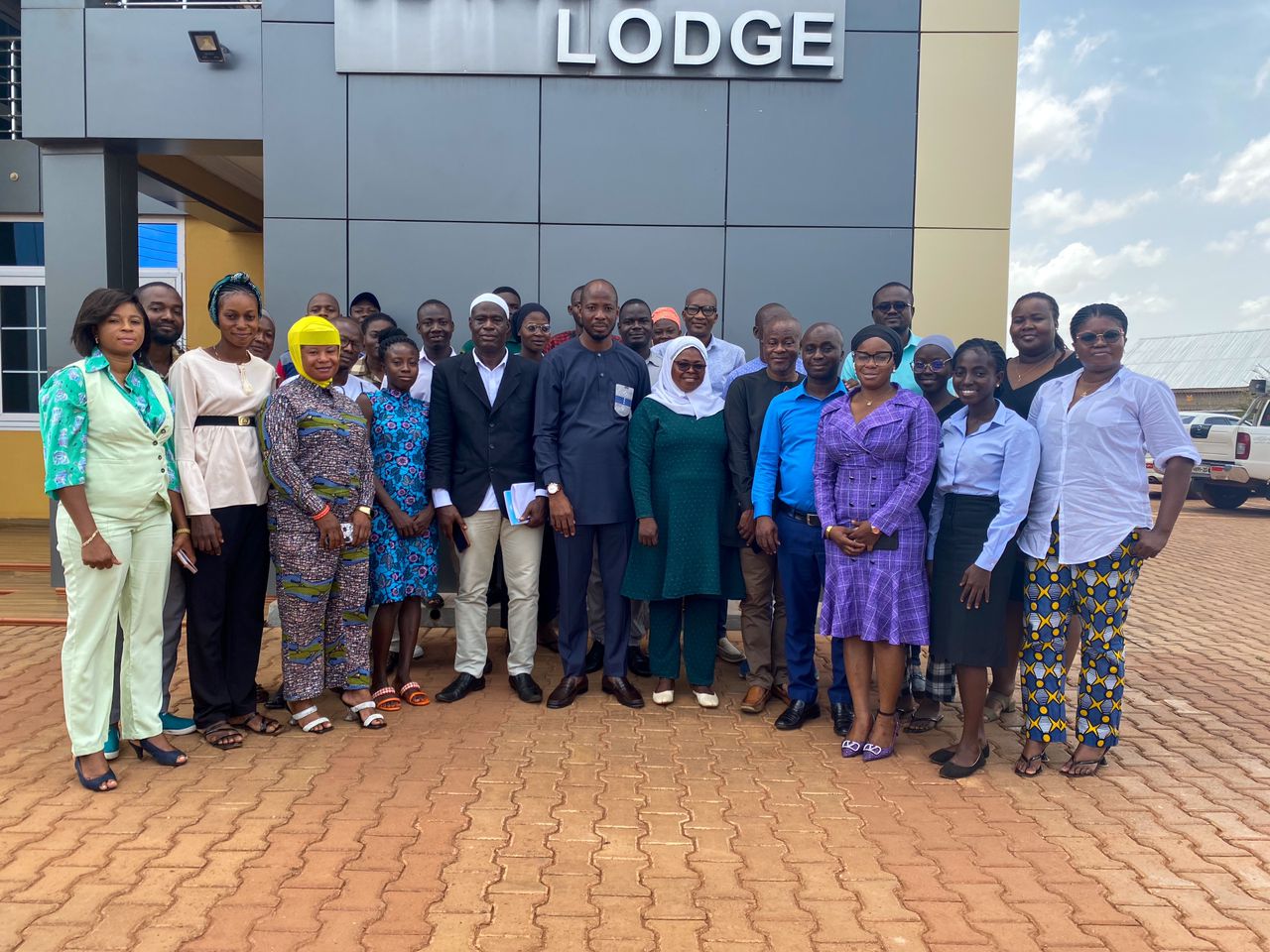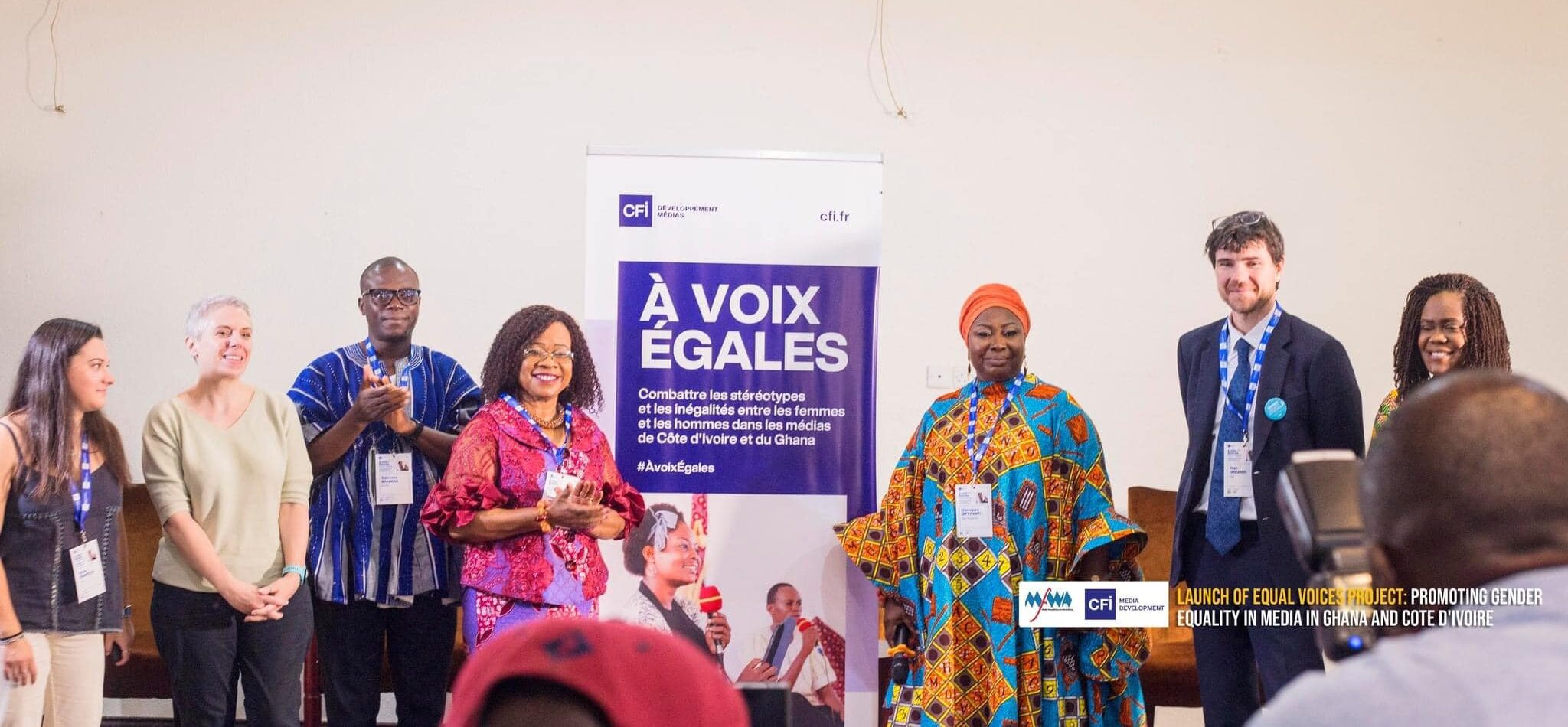As Ghana prepares for general elections in December this year, the build-up is happening against the backdrop of divisive and polarizing political narratives that are amplified by some politically aligned media houses, erosion of professional journalistic ethics and standards, and the multiplier effects of mis/disinformation on political and social discourses on social media. Further, the use of intemperate language and hate speech flares up ethno-tribal tensions and contributes to creating a toxic environment that weakens democratic consolidation.
Internationally, the ills within are taking a toll on the country’s reputation. In the 2023 Global Peace Index report, for instance, Ghana plummeted from its 2022 ranking as the most peaceful country in West Africa, and 40th most peaceful in the world, to 2nd in West Africa and 51st in the world respectively.
As a matter of trend, the intemperance, polarizing narratives and hate speech that are hurting the peace and cohesion of the country, will increase as the elections draw closer. However, as an important pillar in Ghana’s democracy, the media commands a lot of sway; so much so that without the media, the polarizing narratives that politicians pollute public discourses with, will have little to no impact.
This being the case, one of the strategic ways to reduce these toxic discourses is to sensitize the media to their duty to peace, and also arm them with the skills to counter these narratives. From May to June 2024, the Media Foundation for West Africa (MFWA) will be organising a series of two-day knowledge and skills-enhancing trainings on hate speech, political propaganda, mis/disinformation, extremist and other polarising narratives, for 100 journalists across five zones – Greater Accra (Accra), Ashanti (Kumasi), Northen (Tamale), Upper East (Bolgatanga) and Volta (Ho).
Under the project title: Countering hate speech and polarizing narratives to foster democratic consolidation, 25 journalists from each of these regions will be given two days of intensive training to enable them to use their platforms to counter these toxic discourses. The maiden session of the training will be held in the Northern region from May 20 and 21, 2024. This will be followed by training in the Ashanti region from May 21 and 22, 2024. Subsequently, the trainings for Volta, Upper East and Greater Accra regions will be held in June.
It is expected that these trainings will help reduce the incidences of hate speech and other polarizing narratives that undermine social cohesion, peace and stability, especially in the context of the 2024 general elections. The trainings are also purposed to increase fact-based public and media discourses that counter mis/disinformation and enhance richer and productive national conversations.






